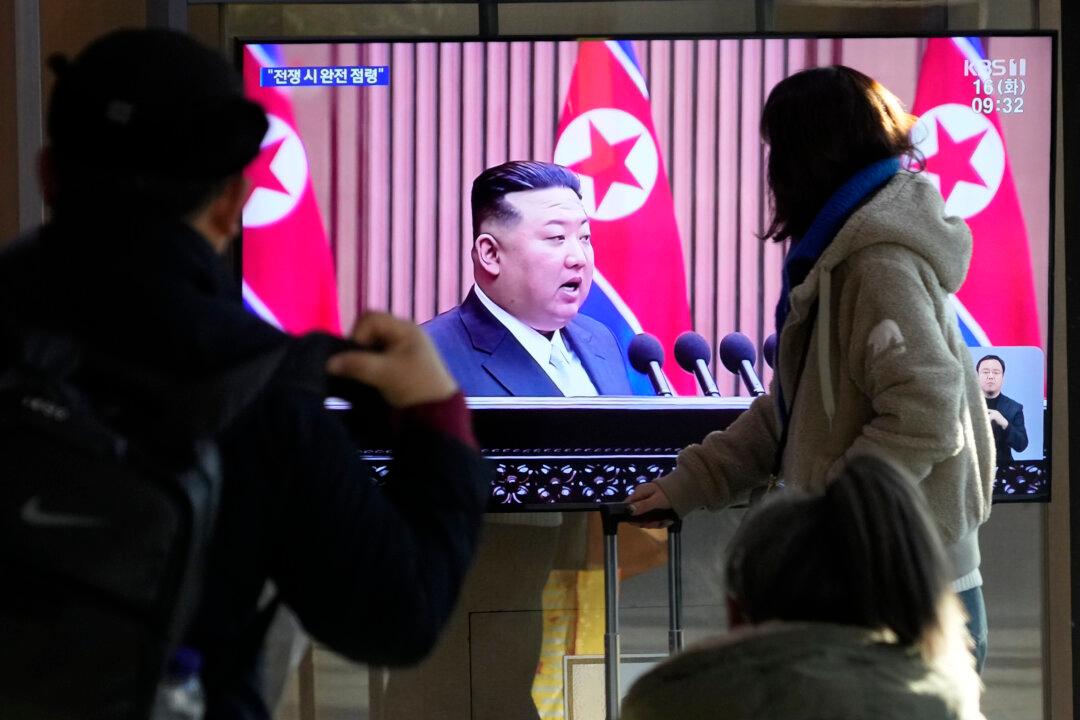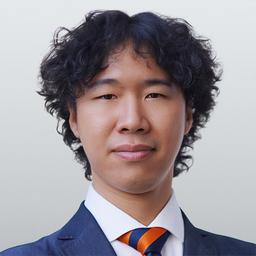In January, North Korea strengthened its ties with Russia, conducted multiple missile launches, and revised its constitution to designate South Korea as its top enemy state. Experts say the actions significantly escalated the situation on the Korean Peninsula.
The Guardian reported on Jan. 22 that the UK government had submitted a report to a panel of UN experts on sanctions against North Korea. Satellite images provided by the UK showed North Korean cargo shipments to Russia.





